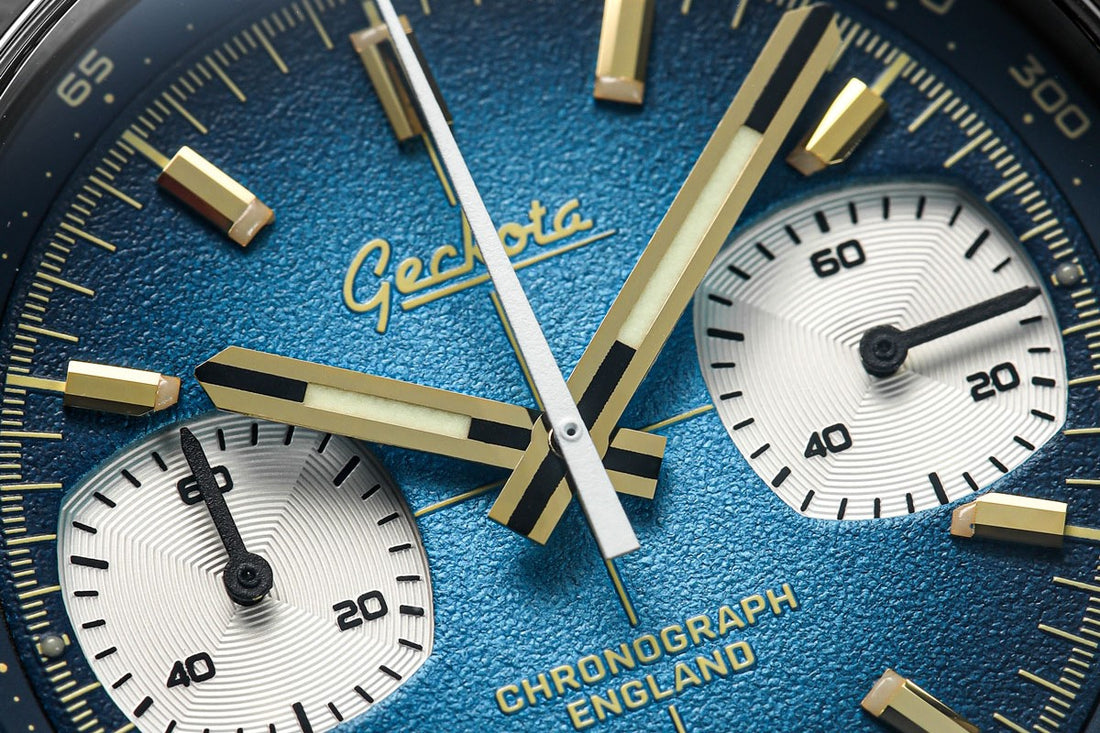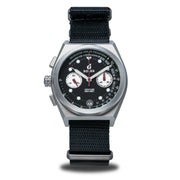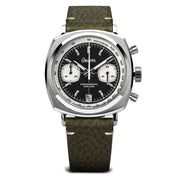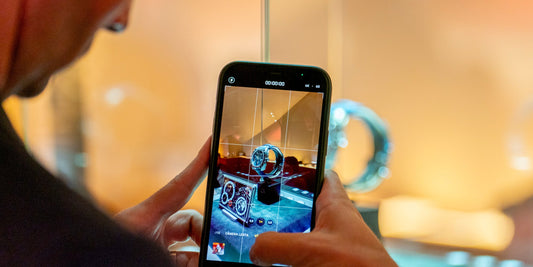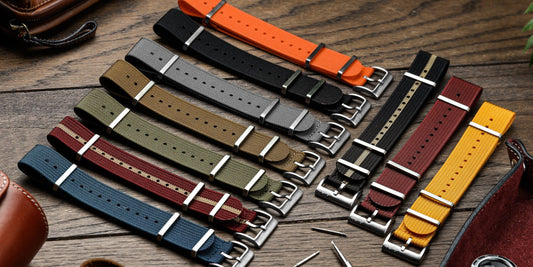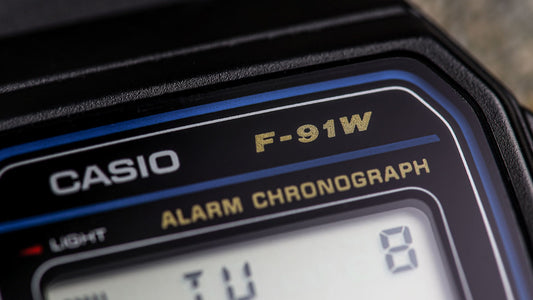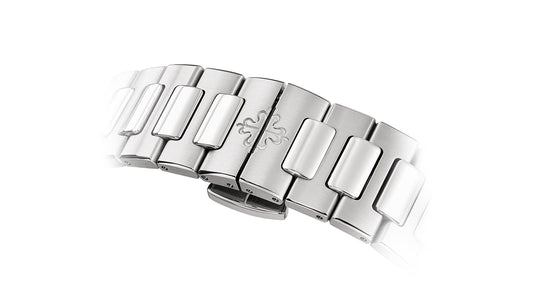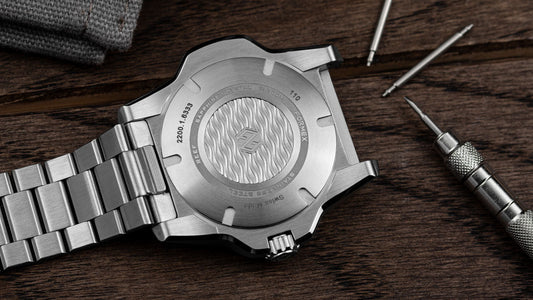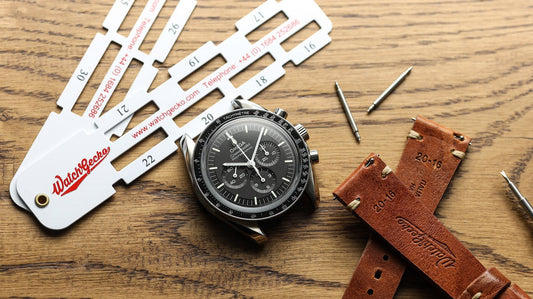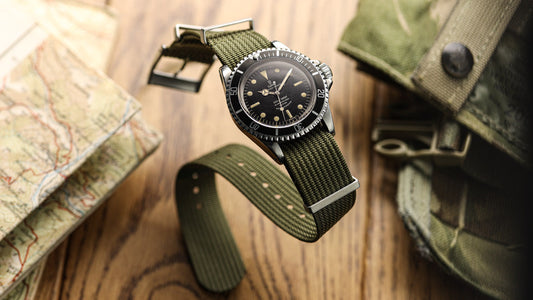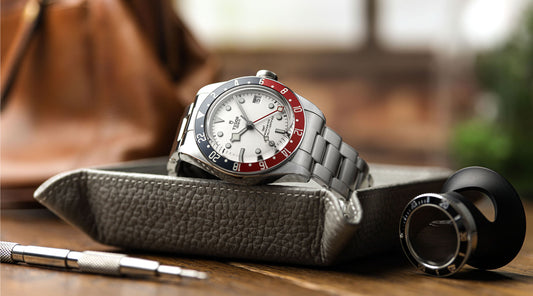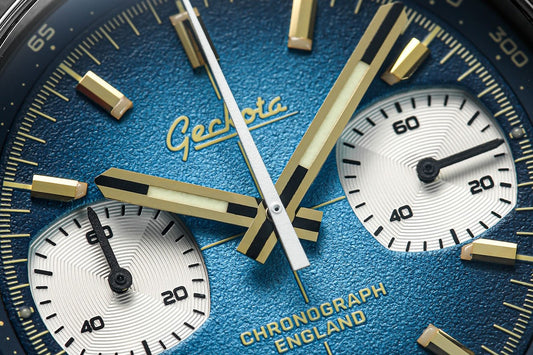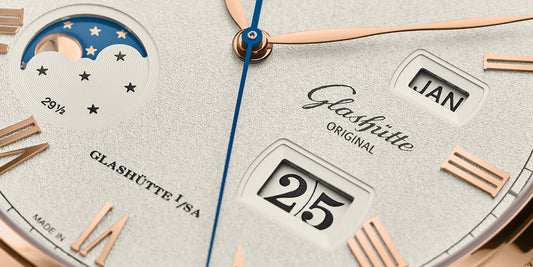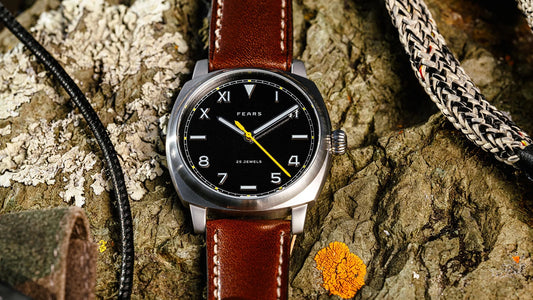The watch market is vast, with endless options for watch enthusiasts to choose from. But at the heart of it all, one question lingers throughout the industry:
Analogue or digital?
Unfortunately, there isn’t a simple answer. Each presents different pros and cons, and the best option depends on your preferences, style, and budget.
To help you make an informed decision, I’ve outlined some of the things I’d consider when choosing between the two. But first, let’s clarify the differences between an analogue and a digital watch.
Analogue vs. digital: What’s the difference?
Analogue watches use hands (hour, minute, and sometimes second hands) to indicate the time. These models are usually powered by quartz or mechanical movements (which can be manual or automatic).
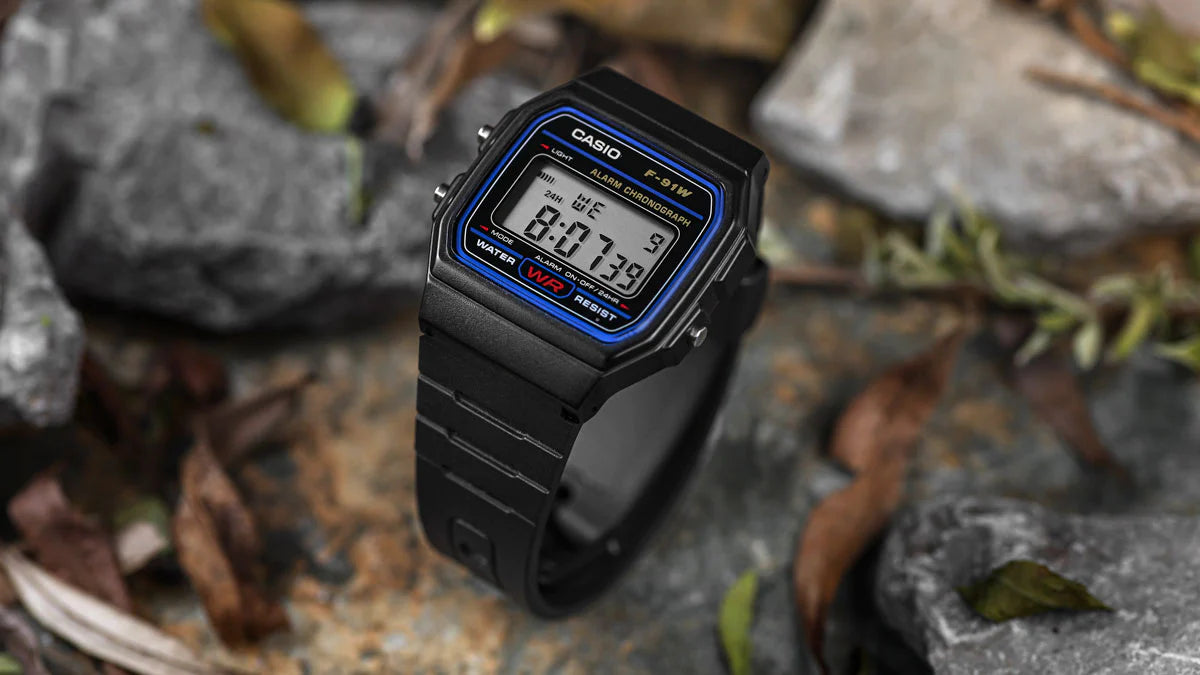
Casio F-91W-1XY. Credit: WatchGecko.
Digital watches are quartz-powered timepieces that display the time on an LCD or LED screen. They can be simple, functional watches (like the Casio F-91W-1XY) or more advanced, smartwatches with additional features (like the Apple Watch). The more advanced models can track your heart rate, use voice-activation technology, record workouts, receive messages, and so on.
Top three considerations when choosing an analogue or digital watch
Buying an analogue or digital watch is 100% personal. It’s down to what movement you prefer, what style you like, and what you want to use it for.
To give you a solid starting point, here are some of the aspects I’d think about when choosing between the two.
1. Display and aesthetics
Analgoue watches are valued for their traditional and classic appearance. They capture the essence of watchmaking, representing the skill and craftsmanship behind designing an intricate timepiece. Take a look at the Geckota Chronotimer as an example.
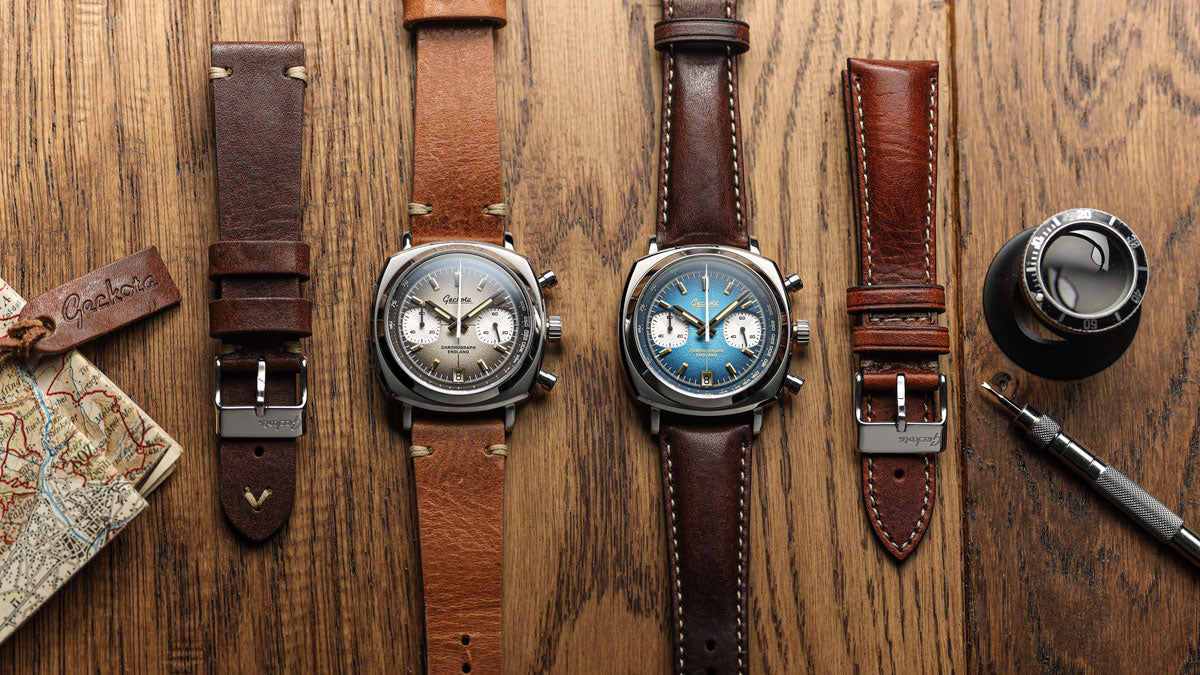
Geckota Chronotimer Chronograph Watch. Credit: WatchGecko.
$745.00 CAD
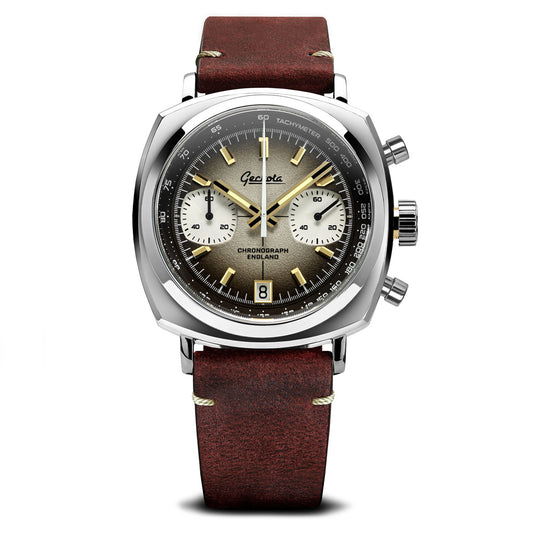
$745.00 CAD

All this to say that if you want a classic and timeless watch, analogue movements are the way to go.
Digital watches, on the other hand, display electronic digits on a screen. They tend to have a more modern and utilitarian look, which is something to bear in mind depending on the style of watch you’re looking for.
If you want something that captures the classic look of an analogue watch but with the features of a digital model, you’re in luck. Some digital timepieces still feature hand dials amidst the digital features and functionalities.
The Casio GA-2100 "CasiOak" as featured in Richard’s top 5 digital watches is one example.
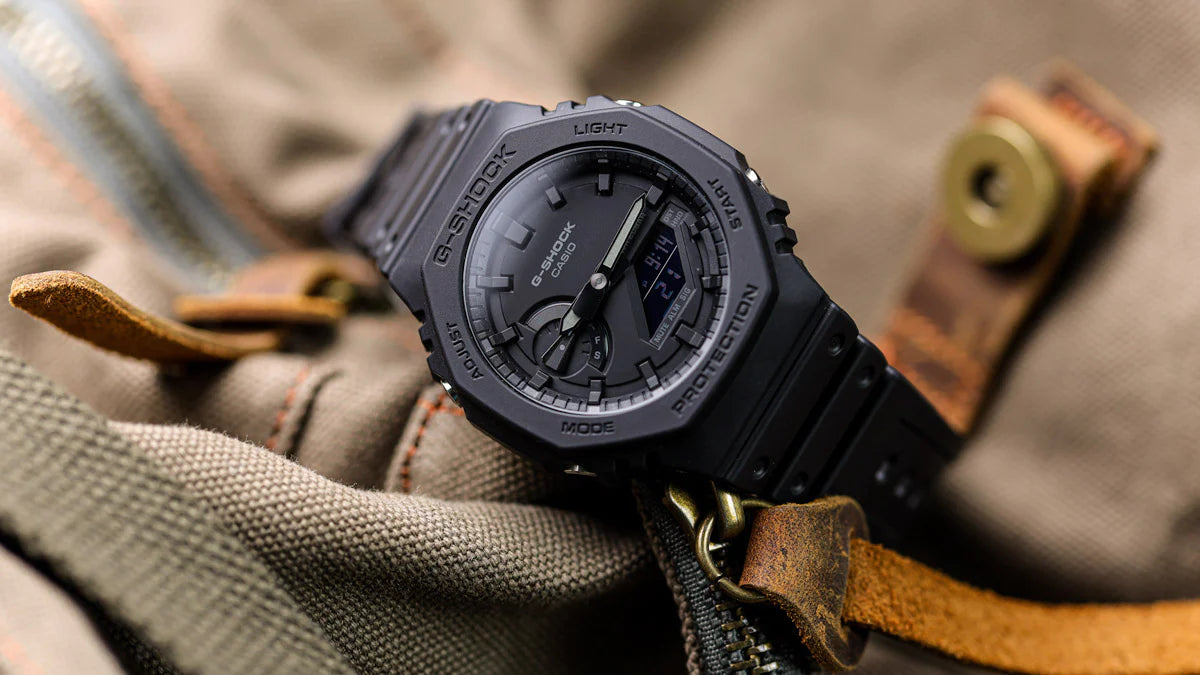
Casio GA-2100 "CasiOak". Credit: WatchGecko.
2. Accuracy of timekeeping
Analogue watches have a variety of possible movements, with quartz being the most accurate. However, if you choose an analogue watch with a mechanical movement, for example, it could impact the level of accuracy (although only slightly).
Digital watches are restricted to a quartz movement, so you always know you’re choosing an accurate timepiece.
There are different levels of accuracy within the quartz movement, depending on things like temperature (high-end quartz movements are generally thermocompensated). But even within this minor variability, you can be sure that a digital timepiece is one of the most accurate options on the market.
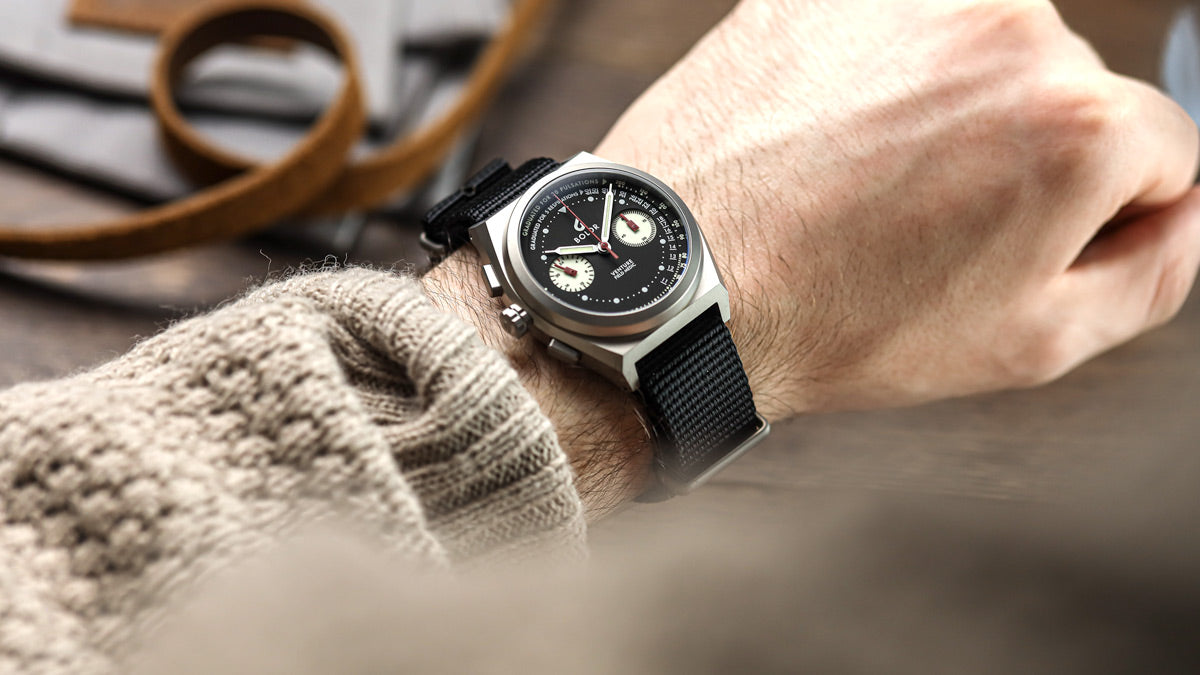
Boldr Field Medic II Destro. Credit: WatchGecko.
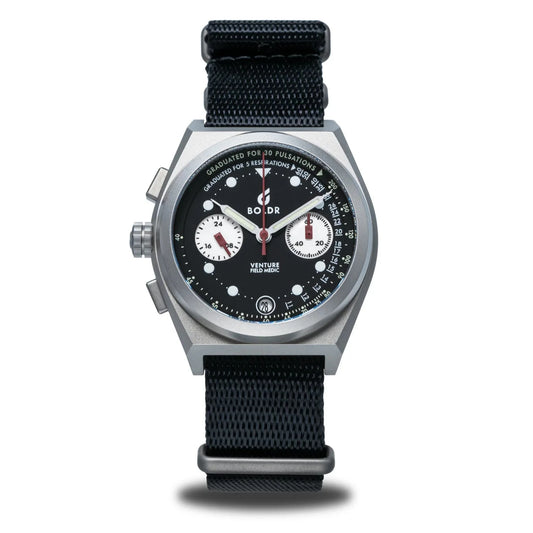
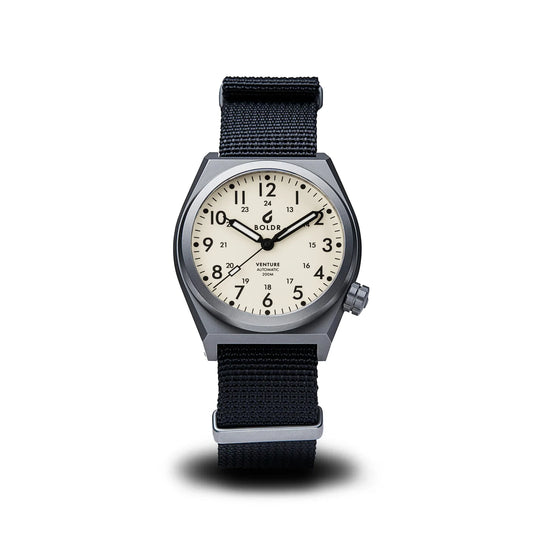
$558.00 CAD

3. Functionality and purpose
When you’re deciding what type of watch to add to your collection, ask yourself the following question:
What do I need it for?
Answering this question is a good starting point to figure out whether you need a digital or analogue watch. It encourages you to think about the features you need and what type of movement is best suited to those needs.
Are you looking for an accurate timepiece and stylish timepiece that represents the craftsmanship of watchmaking? Analogue could be your best bet.
Do you need a timepiece that can track activity and wake you up in the morning with a pre-set alarm? Digital might be what you’re looking for.
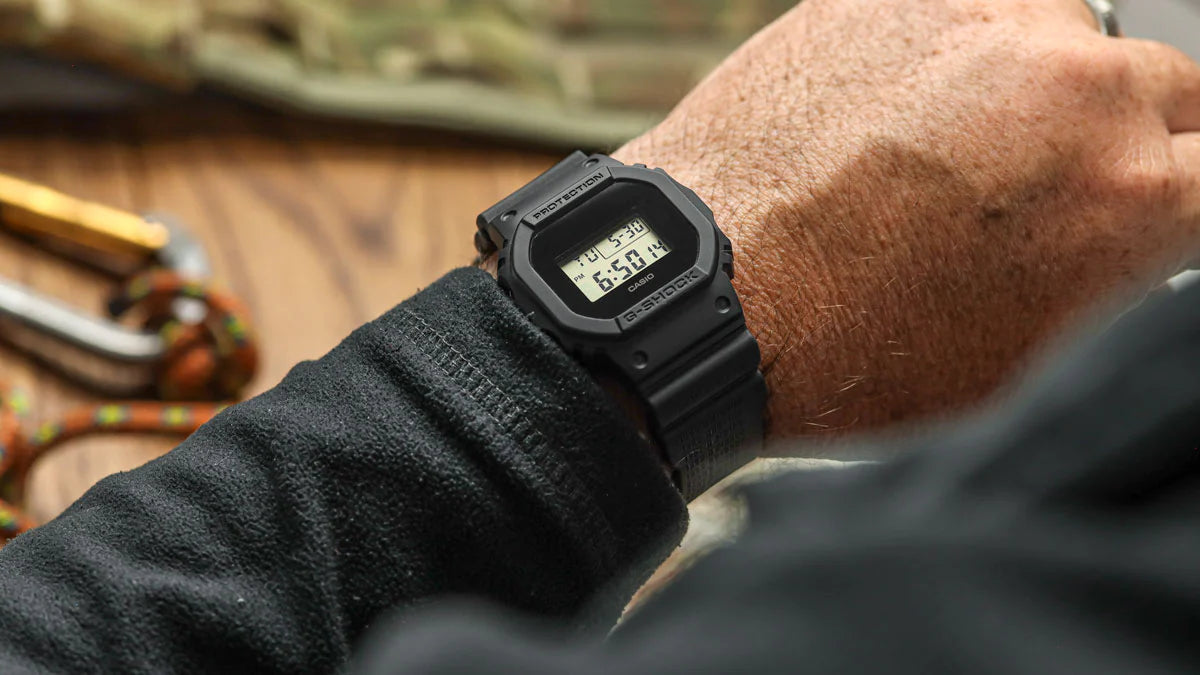
Casio G-Shock DW-5600E. Credit: WatchGecko.
This question also forces you to think about whether you prefer the visual of an analogue or digital watch face.
Think about dive watches, for example. Digital and analogue dive watches are both options on the market, but it’s down to your preference on the visuals that will be the deciding factor. Do you prefer to look down and see the movement of hands? Or is it easier to glance at a digital screen and instantly see the time? The choice is yours.
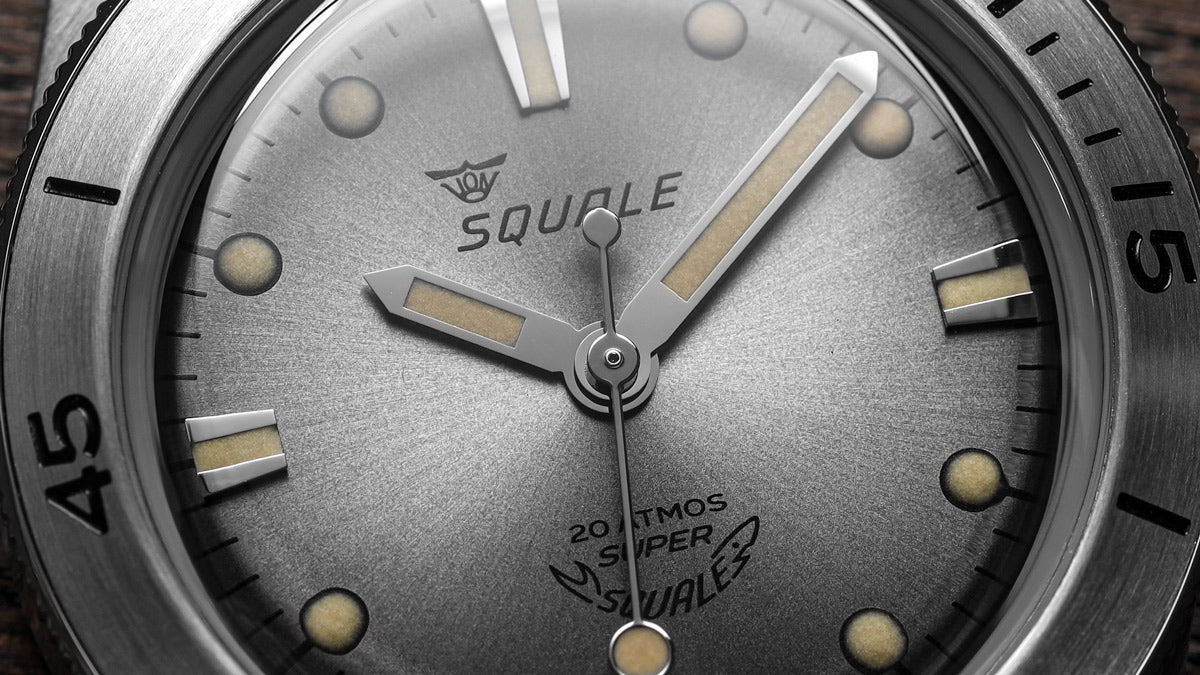
Super Squale Sunray Grey. Credit: WatchGecko.
Did I miss anything?
There are a lot of variables and considerations to think about when choosing between an analogue or digital timepiece. I’ve covered the areas that are most important to me, but did I miss anything? Let me know in the comments below.
